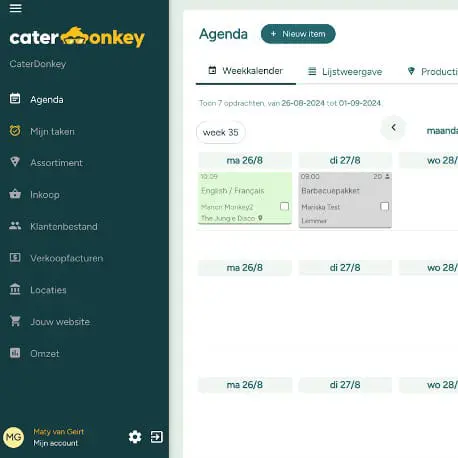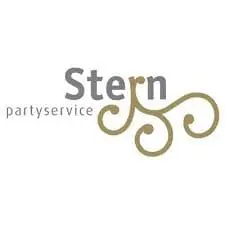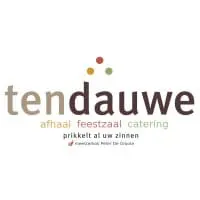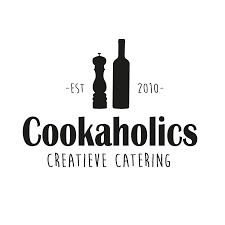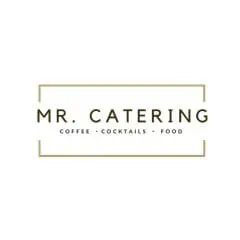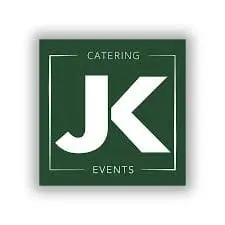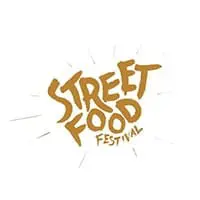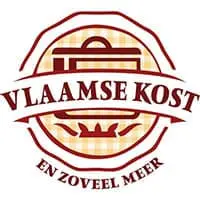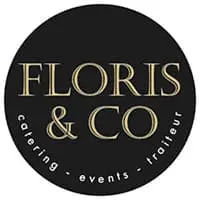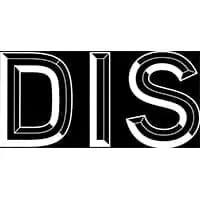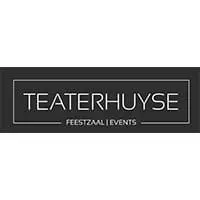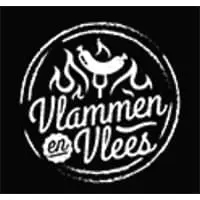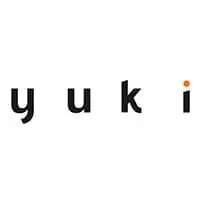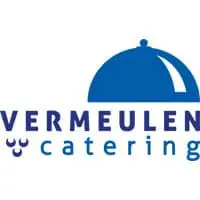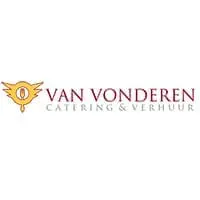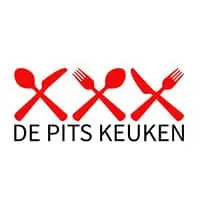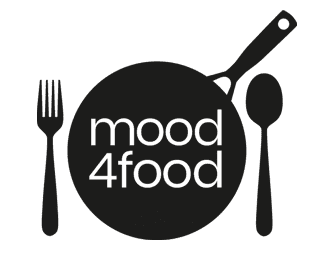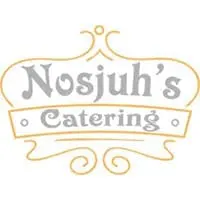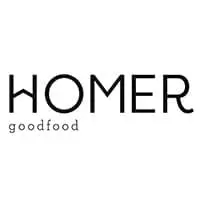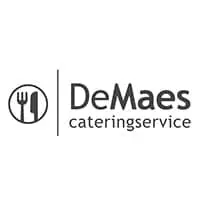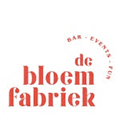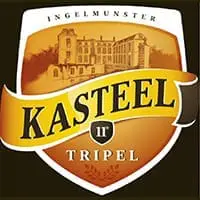The price of catering is determined by five main factors: the number of guests, the type of menu, the location, the level of service and the timing of your event. In addition, additional costs such as transport, equipment rental and staff play an important role in your total budget. By understanding these factors, you can better estimate the cost of catering and make smarter choices for your event.
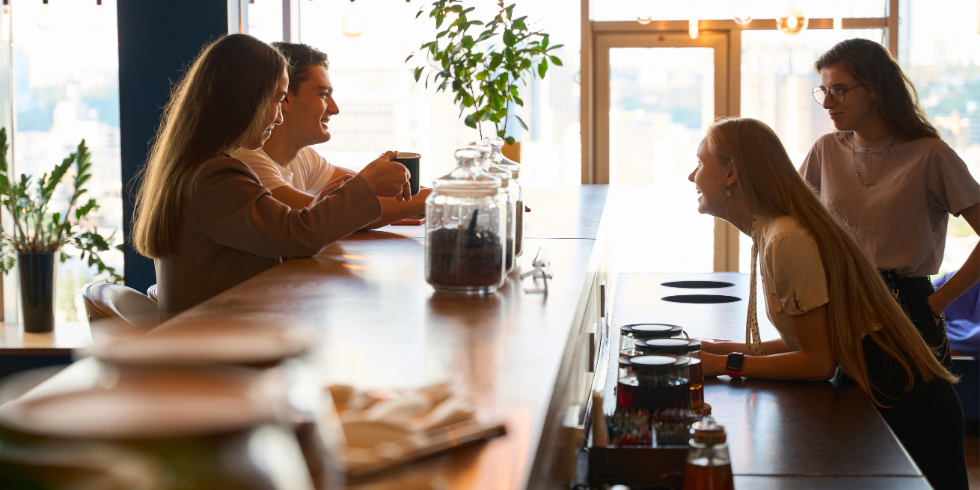
What actually determines the price of catering?
The price of catering depends on a combination of factors that all influence your total budget. The number of guests forms the basis of every calculation, but it is certainly not the only factor that counts.
The type of menu you choose makes a big difference. A simple lunch buffet costs much less per person than an extensive three-course dinner. The ingredients also play a role: fresh fish and premium meat cost more than standard options.
The location affects the price due to logistical factors. Is the location easily accessible? Are there good kitchen facilities? How far does the catering team have to travel? All these aspects are taken into account in the quotation.
The level of service determines how much staff is needed. Self-service is cheaper than table service, and live cooking costs more than pre-prepared dishes. Finally, timing plays a role: weekends and evenings are often more expensive than weekday lunches.
How much does catering cost per person on average?
The cost per person varies greatly depending on the type of catering you choose. For a business lunch, you can expect to pay between €12 and €25 per person, while an extensive dinner can easily cost between €35 and €65 per person.
A drinks reception or cocktail party usually costs between €15 and €30 per person, depending on the quantity and quality of the snacks. Buffets are often in the mid-range: €20 to €40 per person for a well-stocked table.
Premium catering with exclusive ingredients, extensive service or live cooking can cost up to €75 or more per person. On the other hand, there are also budget-friendly options starting at €8 per person for simple lunch packages.
These prices exclude VAT and any additional costs such as transport, equipment hire or service charges. When comparing catering quotes, it is important to always check exactly what is included.
Which menu costs make the difference in your catering budget?
The ingredients on your menu have a direct impact on the price. Seasonal products are usually cheaper than ingredients that have to be imported all year round. Asparagus costs less in May than in December.
The method of preparation also plays a major role. Simple dishes that can be prepared in advance are cheaper than complex creations that have to be finished on the spot. Live cooking stations cost more because they require additional staff and equipment.
Specialities and allergies incur additional costs. Gluten-free, vegan or halal options often require separate preparation and special ingredients. This is usually included in the quote.
The difference between standard and premium menus can be considerable. While a standard buffet may cost €25 per person, a premium version with organic ingredients and exclusive dishes can easily cost €45 per person. This difference becomes clear when preparing quotations.
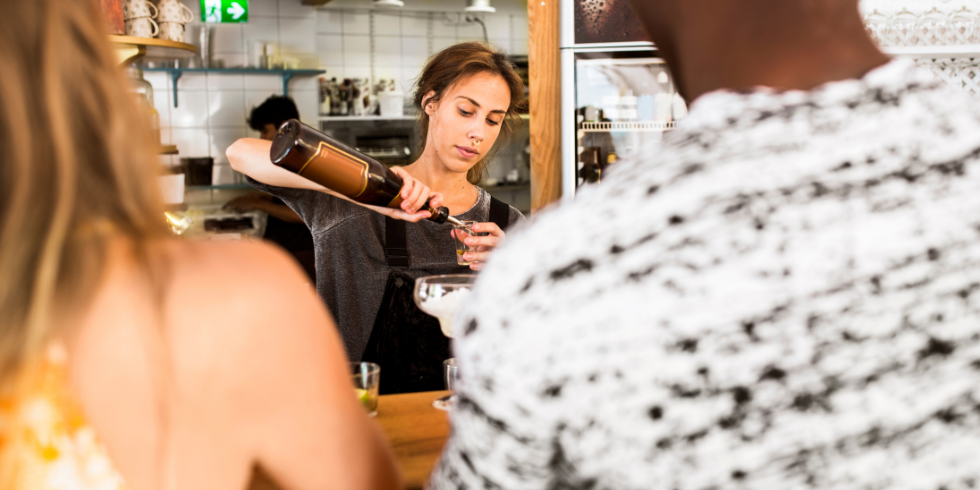
Why does catering cost more at some locations than others?
The location has more influence on the catering price than you might think. Accessibility is an important factor: a location with a good loading and unloading area is cheaper than a place where everything has to be carried upstairs manually.
Available facilities make a big difference. A location with a professional kitchen requires less transport costs than a place where everything has to come from outside. Cold storage, ovens and dishwashing facilities save time and money.
The distance to the catering company is usually factored into the transport costs. The further away, the higher these costs. Parking facilities also play a role: if the team has to walk a long way or pay parking fees, this will be reflected in the quote.
Some venues have restrictions in terms of noise, times or suppliers. These additional challenges can lead to higher costs because they require more planning and flexibility from the catering team.
How does the level of service affect your catering costs?
The service level you choose has a direct impact on the amount of staff required, and therefore on the price. Self-service is the cheapest option: guests serve themselves food and drinks, so you need minimal staff.
Table service requires more staff and is therefore more expensive. You pay for the extra service, but you also get a more complete experience in return. Guests don’t have to worry about getting food and can concentrate fully on the event.
Live cooking and premium service are at the top end of the price spectrum. This requires specialised chefs who cook on site, plus additional staff for service. However, this creates a unique experience that makes a big impression on guests.
There are various intermediate options between these two extremes, such as partial service or combinations of buffet and à la carte service. When comparing quotes, it is important to look carefully at the level of service being offered.
What additional costs should you expect with catering?
In addition to the price per person, there are often additional costs that you need to factor into your budget in advance. Transport costs are usually calculated separately, especially for locations that are further away or difficult to reach.
Equipment rental is another expense. Think of tables, chairs, crockery, glassware and linen. Some catering companies include this in their standard package, others charge for it separately.
Service charges for additional staff are added to the menu price. This applies in particular to events that require a lot of service or where there are special requirements. You must also include VAT in your calculation, which is usually 21% of the total amount.
Weekend and evening surcharges are common in the industry. Events outside office hours often cost 10-25% more due to the additional costs for staff. Public holidays also usually incur a surcharge.
| Type of additional costs | Average percentage/amount | Where applicable |
|---|---|---|
| transportation costs | €0,50-€2,00 per km | Depending on distance |
| Weekend surcharge | 10-25% extra | Saturday and Sunday |
| Evening surcharge | 15-20% extra | After 18:00 |
| VAT | 21% | About total amount |
What are the most important points to remember about catering prices?
When planning catering, it is important to look at the big picture rather than just the price per person. Always ask for a detailed quote that clearly lists all costs, including any surcharges and VAT.
Don’t just compare quotes based on price, but also on what you get for your money. A cheap quote can end up being more expensive if there are a lot of extra costs. Look at the level of service, the quality of ingredients and what exactly is included.
Plan ahead: last-minute bookings are often more expensive and offer less choice. By booking early, you can often negotiate better prices and have more time to compare different options.
For catering professionals who want to optimise their quotation processes and offer more transparent prices, Catermonkey provides tools that help you make accurate calculations and automate many administrative tasks. This results in better margins and more satisfied customers. Would you like to know more about what we can offer? Feel free to contact us at any time.
Plan your brainstorm with Catermonkey!
Do you have questions about catering prices or would you like to know how Catermonkey can support your business? We would like to invite you to a no-obligation brainstorming session! Whether you have ideas or are simply curious about the possibilities, Catermonkey would be happy to discuss how our platform can improve and optimise your business processes.
